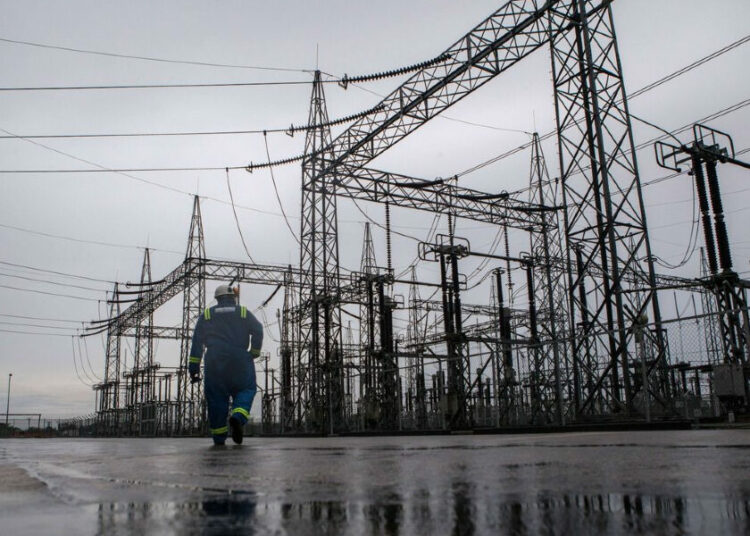Nigeria’s commercial capital Lagos has invited bids for construction of 4,000 megawatst (MW) gas-fired power plants to cover a national grid shortfall, seeking to end years of blackouts that have hit businesses and households.
On Thursday the country suffered its tenth grid collapse this year.
The World Bank said that four in 10 people in Nigeria, Africa’s most populous nation, do not have access to electricity, which investors often cite as one of the major obstacles to investing in the country.
The state government of Lagos, a fast expanding metropolis of more than 20 million residents, said it required 6,000 MW of electricity but was receiving only 2,000 MW at most from the grid.
It has now allocated four hubs for the construction of power stations under its Clean Lagos Electricity Market plan.
“The minimum expected generating capacity for each of the four hubs will be 500 MW, which one or more generating power firms shall generate,” the state’s ministry of energy and mineral resources said in a public notice.
Selected companies would be expected to arrange their own financing based on a power purchase agreement with the state.
The plans follow a decision last year by President Bola to allow state governments to generate and distribute their own power, replacing a previous law that gave only the federal government exclusive rights.
Sub-economic electricity tariffs have discouraged investment by independent power producers in the past, but the government has started to remove electricity subsidies.
Nigeria has the infrastructure to generate 13,000 MW of power, but its creaking grid can distribute only a third of it, forcing businesses and households to run costly fuel generators.











